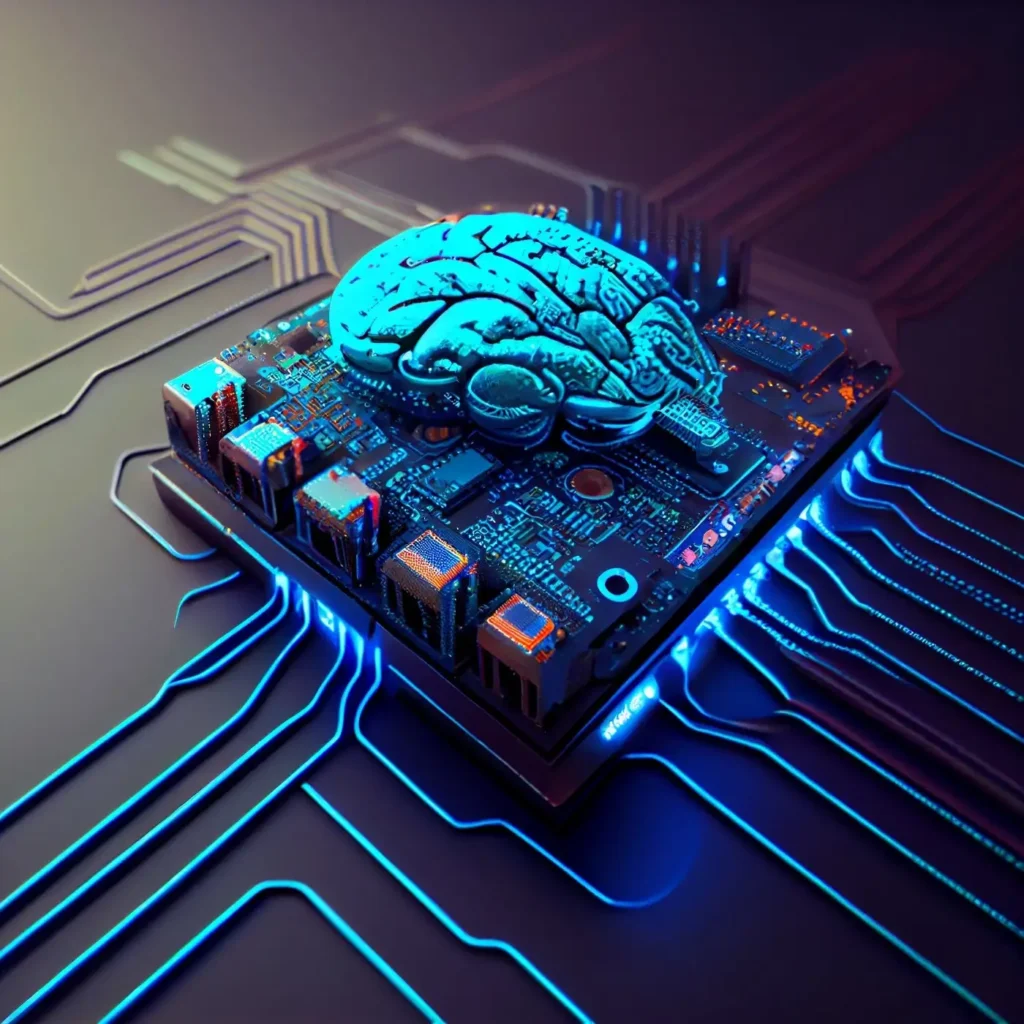

In recent years, Elon Musk’s Neuralink has gained significant attention for its ambitious goal of creating a seamless connection between the human brain and artificial intelligence (AI). While the potential benefits of such a technology are numerous and vast, it is important to also consider the potential costs and ethical implications of merging human and machine in this way.
At its core, Neuralink seeks to address the fundamental limitations of the human brain. Our brains are capable of incredible feats of cognition, but they are also limited by their physical constraints. Neuralink aims to overcome these limitations by creating a direct link between the brain and a computer, allowing us to access and process information at a much faster rate.
One potential application of Neuralink is in the field of medicine. By providing doctors with a direct link to a patient’s brain, they could potentially access real-time data on brain activity and use it to diagnose and treat a wide range of conditions, including brain injuries, strokes, and neurological disorders. This could revolutionize the way we approach healthcare, improving patient outcomes and potentially even saving lives.
Another potential benefit of Neuralink is in the realm of education. By allowing students to access information directly through their brains, we could potentially eliminate the need for traditional forms of education such as textbooks and lectures. This could make learning more efficient and allow individuals to absorb and retain information at a much faster rate.
However, the potential benefits of Neuralink are not without their costs. For one, there is the issue of accessibility. It is likely that this technology will be expensive and may only be available to a select few, creating a further divide between those who have access to it and those who do not.
There are also ethical concerns to consider. If humans are able to access and process information at a much faster rate than before, what does this mean for the rest of society? Will those who do not have access to Neuralink be left behind in terms of job opportunities and advancement? These are important questions that must be addressed as we move forward with this technology.
Another potential cost is the loss of privacy. By connecting our brains to a computer, we are essentially giving a third party access to our thoughts and feelings. This raises significant concerns about the protection of our personal information and the potential for abuse by those who have access to it.
Overall, it is clear that Neuralink and the integration of artificial intelligence have the potential to benefit humanity in countless ways. However, it is important that we also consider the potential costs and ethical implications of this technology as we move forward. It will be crucial for society to have open and honest conversations about the direction we want to take and to ensure that the benefits of Neuralink are shared by all, rather than just a select few.
For more information on how you can improve your business communications with AI, please. visit- callsandwich.com
